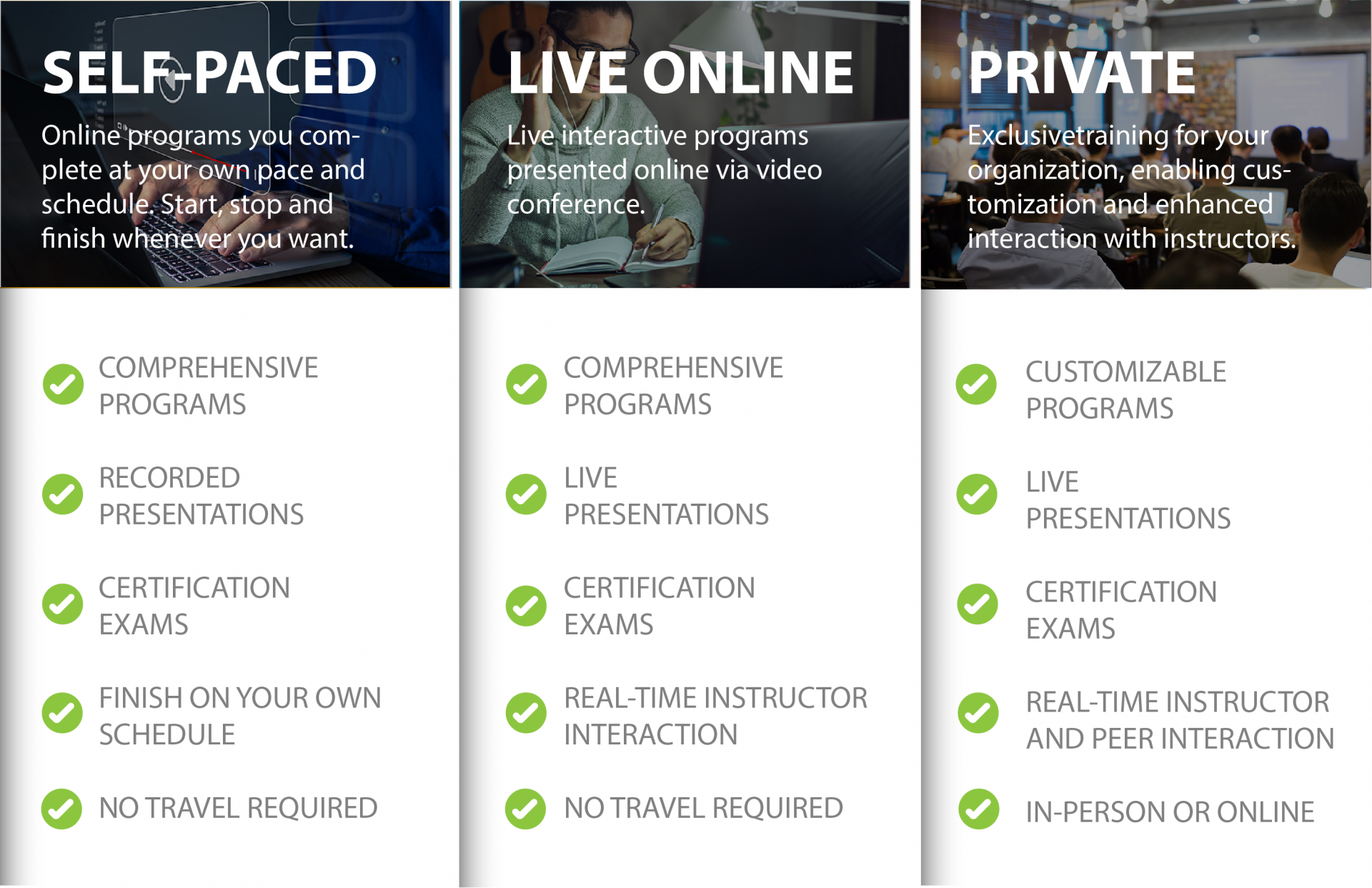File of Life
The File of Life is a vital medical document designed to
provide first responders with important health information during emergencies.
It typically includes details like medical conditions, medications, allergies,
and emergency contacts, ensuring that paramedics and other emergency personnel
have quick access to critical data. By keeping this form easily accessible,
such as on a refrigerator, individuals can help ensure prompt and accurate care
in urgent situations.
The File of Life program is an initiative designed to assist emergency responders in quickly accessing critical medical information about individuals during emergencies.
File of Life participants fill out a standardized form with important medical information such as allergies, current medications, medical conditions, emergency contacts, and other health-related pertinent details.
The File of Life card is a mini-medical history usually posted on the outside of one’s refrigerator and/or personally carried in a wallet or purse. It has either a magnetic or Velcro backing and is kept in a red plastic pocket.
The File of Life enables first responders (police, medical, fire) to obtain a quick medical history when the patient is unable to offer one.
File of Life cards and pouches can be acquired from the File of Life non-profit organization (www.thefileoflife.org). The price of the Fil of Life pouches and cards currently range from $.60 - $1.10, depending on the number ordered.
The File of Life concept originated in Bridgeport, Connecticut a number of years ago in a slightly different form known as the Vial of Life, which was kept inside the refrigerator.
The Vial of Life consisted of a piece of paper containing medical information kept inside a plastic vial inside the refrigerator. It was common, however, to lose sight of the vial in a crowded refrigerator, and in addition, when moister accumulated inside the vial, the information could become blurred and unreadable.
In addition to the File of Life for the refrigerator, a compact version is available for a person to carry in a wallet or purse. A card containing the same medical information is enclosed in the plastic case or pouch that should be with the person at all times.
File of Life Benefits for Responding Law Enforcement Officers:
· Faster help for citizens in emergencies
· Maximum use of first responder’s time
File of Life Benefits for Responding Emergency Medical Personnel:
· Quickly know medical history of patients
· Corrective medical treatment can begin quicker
File of Life Benefits for Hospital Emergency Staff:
· On arrival, data is immediately available to medical staff
· No wasted time obtaining information form a confused or incapacitated patient
File of Life Benefits for each individual:
· Peace of mind knowing they will have prompt and quality care
· Easy access to potentially life-saving information
· Assurance that proper persons will be quickly notified
The File of Life program is particularly beneficial for senior citizens or individuals with complex medical histories.
ACPI is the worldwide leader in enabling law enforcement
agencies, businesses, institutions, and security professionals to reduce
criminal activity and risk and enhance quality of life through the delivery of
practical, unbiased training and certification programs. Visit our website at acpionline.com to learn about our
comprehensive list of both live virtual and self-paced training courses.

Join our newsletter!
Which format is right for you?

